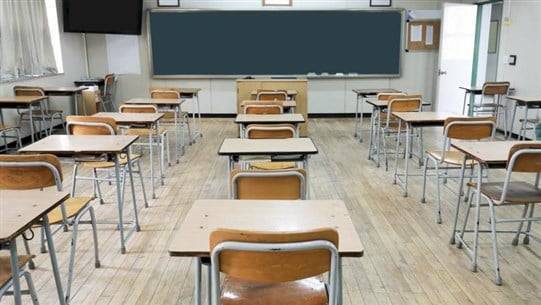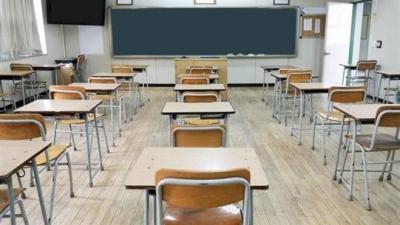Public schools in Tripoli are living in great fear of the emergence and spread of cholera, especially since they have been suffering from water shortages for a long time. The director of one of the public schools in the Abi Samra area confirms: "Water has been cut off for over a year, and before the current crisis, we only received it for two or three hours a week, which meant our tanks could not fill more than 10,000 liters annually, insufficient even for personal use. Sometimes, we had to buy water trucks for this purpose." He adds, "Recently, due to the fuel crisis and the lack of diesel for the tankers, I had to pay 1,400,000 Lebanese pounds for a tanker that holds no more than 8,000 liters of water for personal use." The director points out, "Last month's fuel expenses for the school amounted to 10 million pounds, which is the maximum amount we are allowed to withdraw from the school fund at the bank. To get approval for this withdrawal, we have to go to the bank multiple times. However, after reaching the maximum withdrawal limit this month, we fell into a deficit, making us unable to pay salaries or repair any damage in the school, or even buy a lightbulb."
No Water, No Sanitizing Materials
What the school director mentioned is echoed by most public school directors in Tripoli, all of whom preferred not to disclose their names "to avoid problems with the Minister of Education," according to one of them. He questions, "When the majority of public schools in Tripoli lack water, how can cholera be contained? How can the Ministries of Health and Education ask us to conduct cleaning and sanitization operations when we have no water, nor money to purchase sanitizing tools? Do the Ministers of Health and Education know the reality as it is, or are they living on another planet?"
Complaints from public school directors in Tripoli reach the point where one warns of "the dangers of the upcoming phase for which we are not adequately prepared, even at the minimum level, to face it," fearing that "the emergence of any cholera case in any school means that the entire school will be at risk." Another director warns, "We are heading towards a real disaster in the public education sector if cholera enters one of the schools, given the lack of simple preparations and measures to confront it. This would mean that the school year will be at risk, and the Ministry of Education will be forced to suspend it for an unknown period, amid the inability of the Ministries of Education and Health to do what they are supposed to do, either due to limited resources or failure to manage the crisis."
Providing Drinking Water
Public school directors in Tripoli also agree that "there is another problem faced by these schools, which is that the drinking water is unsafe, with most of it being contaminated. There are no water filters in any public school in Tripoli, except in rare cases. Most students in these schools come from poor and working-class backgrounds, and they cannot afford to buy bottled water due to its high price for them. These students find themselves forced to drink from this water, significantly increasing their chances of contracting diseases, including cholera."




